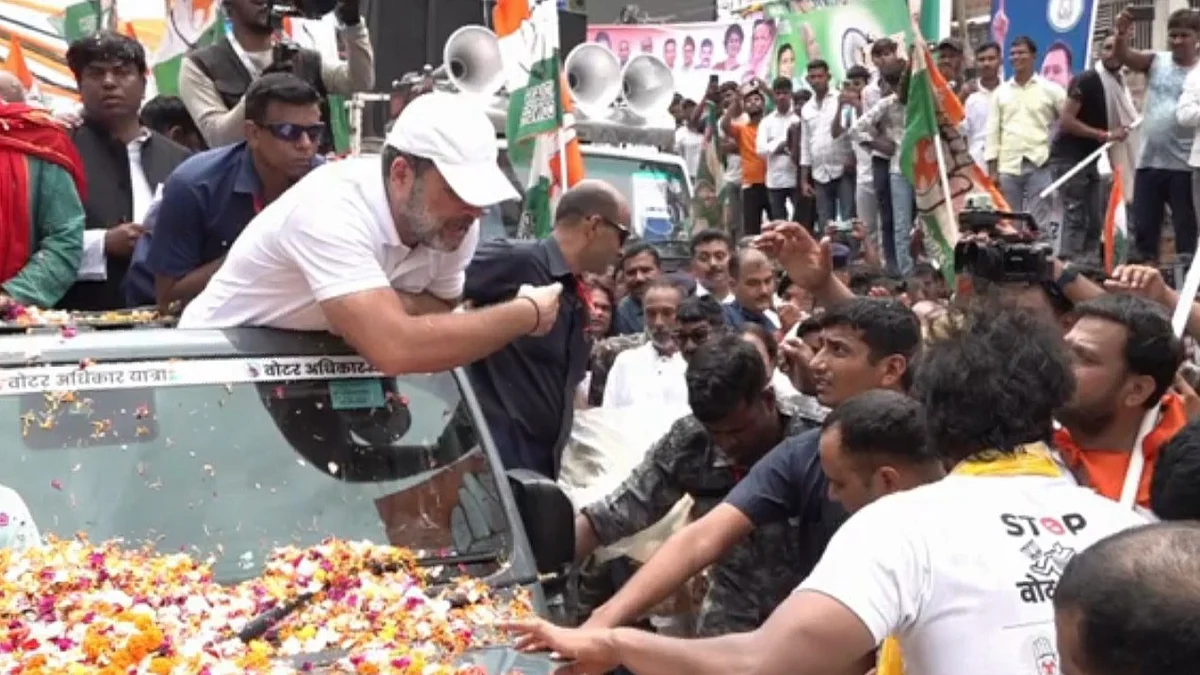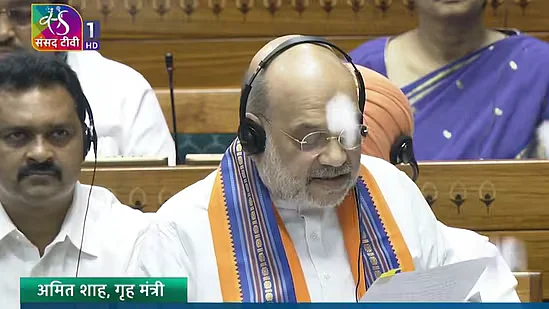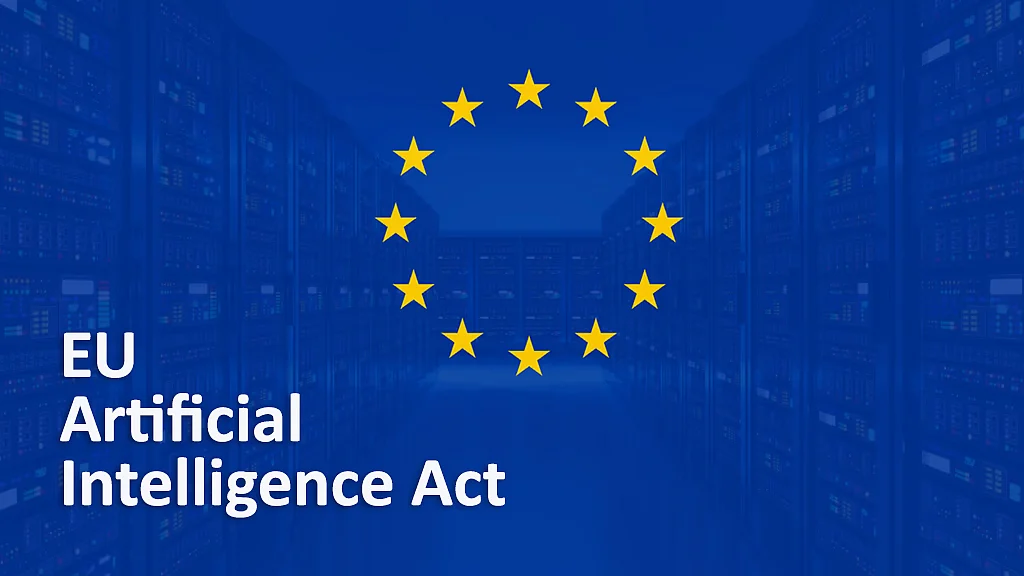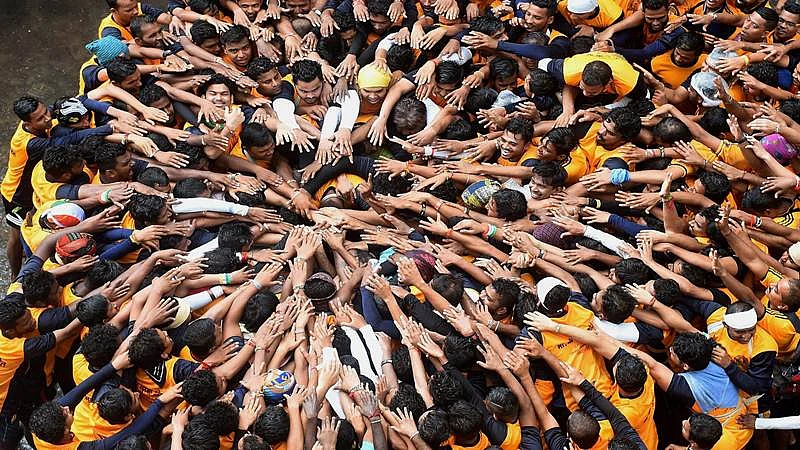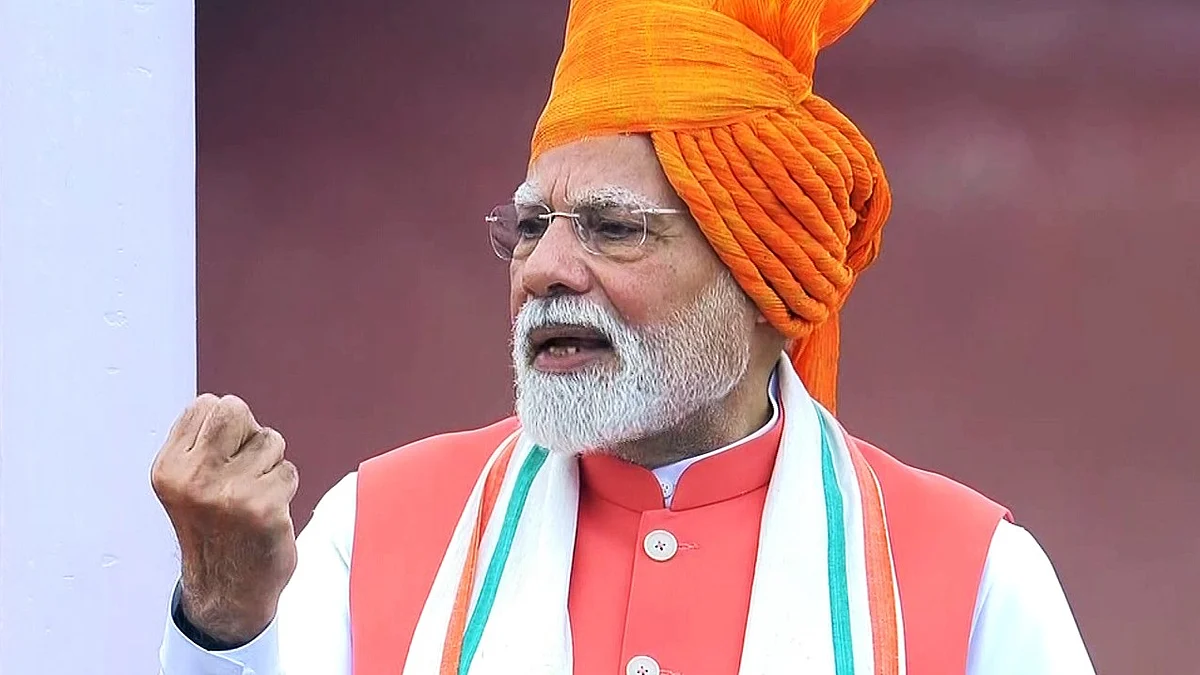Earlier this year, India was donating Covid vaccines to the world; now, India is running short of vaccines and its private hospitals are charging some of the steepest rates in the world for it; Rs 700 to Rs 1,500 per dose. The pandemic has reached remote villages, thanks in no small measure to the Union government’s stubborn insistence on a Maha Kumbh at Haridwar and protracted poll campaigns in four states. This, when less than two per cent of the population has been vaccinated.
Now, when the Supreme Court is trying to sort out this mess by appointing a 12-member taskforce, the Union government says there is no need for the court to interfere, as it is seized of the situation. The Union government’s argument does not cut ice. It slept on the job. Not only did it ignore warnings of a second wave which became clear in mid-February, its Covid taskforce did not meet even once during the crucial months of February and March. Then, the Union government abruptly shifted course without consulting the state governments and extended vaccination to everyone older than 18 years, draining supplies, and creating confusion, and as the Lancet noted, a market for vaccine doses in which states and hospital systems competed. Even here, the new vaccine policy is clearly designed to allow profiteering by a handful of corporate hospitals.
Passing the buck
Having taken this unilateral step, the Union government expects state governments and citizens to pick up the tab. Under its Liberalized and Accelerated National Covid-19 Vaccination Strategy which came into force on May 1, vaccination in the 18-44-years age group is permitted under the “other than Government of India channel”. The point to be noted here is that if the state governments spend out of their pockets for what is essentially the responsibility of the Central government, at least a quarter of their health budgets will go into just getting the vaccination done, experts say. Where then will be the money for procurement of medical oxygen, ventilators, hospitals and medicines? Where then will be the money to compensate people for lost livelihoods. The Centre can then play ‘dharmatma’ by doling out vaccines as well as relief.
How can the states trust the Centre if it plays such games? Finance minister Nirmala Sitharaman had announced a Rs 35,000-cr package for India’s Covid-19 vaccine development and drive during her budget speech on February. 1. She also said that the government would make more funds available if necessary. Yet, the Central government has chosen to pass on the burden of the vaccination programme to states.
The Centre’s decision does not make financial sense either. A Centre-state tussle on this issue is detrimental to the fight against the pandemic. India desperately needs to halt this second Covid-19 wave for the sake of its sagging economy. If left unchecked, the new wave could completely derail India’s economic recovery. Much of this can be avoided if the government were to bear the cost of the vaccination programme, which some economists estimate could be as little as 0.3 per cent of the GDP.
0.36% of GDP
Calculations done by various experts suggest that vaccinating the entire population would cost the Union government somewhere between Rs 50,000-70,000 crore. It has budgeted Rs 35,000 crore for Covid vaccination. According to ratings agency India Ratings and Research Pvt Ltd’s (Ind-Ra) estimates, vaccinating the entire population may cost Rs 67,190 crore, of which the Union government will incur Rs 20,870 crore and state governments together will incur Rs 46,320 crore. The total is only 0.36 per cent of the GDP. The calculation was based on the assumption of Rs 400 per dose, with five per cent wastage.
The SC had rightly flagged that vaccine manufacturers were charging two different prices from the Centre and states. During a healthcare emergency and a once-in-a-century pandemic, pharmaceutical firms are dictating prices, instead of the government negotiating and imposing price caps. So, the Union government is being disingenuous when it justifies the differential pricing of the Covid vaccine in its affidavit to the SC on Sunday.
'Incentivised demand'
Instead of invoking its emergency powers under the Drugs Control Act and Patents Act or paying for the market price of the vaccines itself, the Centre says that the differential pricing is “based on the concept of creating an incentivised demand for the private vaccine manufacturer to instil a competitive market, resulting in increased production of vaccines and market driven affordable prices for the same.” It also says that this step will also attract offshore vaccine manufacturers to enter the country, resulting in an increased availability of vaccines. In the same breath, the Centre cites public interest: “The Executive does have a room for free play in the joints, in larger public interest.”
The government said that half of the 50 per cent doses available to states for vaccinating the 18-44 category will go to the private sector and enable those who can afford it to access the same, thereby reducing the operational stress on government vaccination facilities.
By the way, India has not officially revealed the details of its purchase contracts with vaccine makers. In this context, the sudden flight of vaccine-maker Adar Poonawalla to London with his family after receiving threats from powerful people speaks of arm-twisting by the powers-that-be.
All in all, it is a scary scenario. The Union government would do well not to treat the SC as an adversary but an institution that voices the concern of citizens.
The writer is an independent journalist based in Mumbai. He welcomes feedback on anilsinghjournalist@gmail.com



